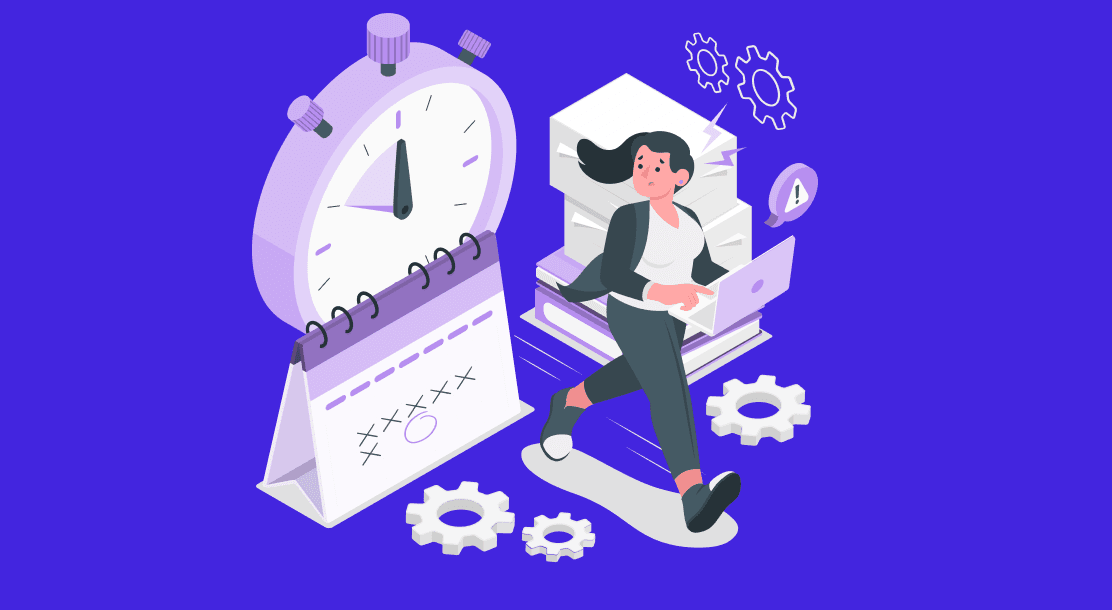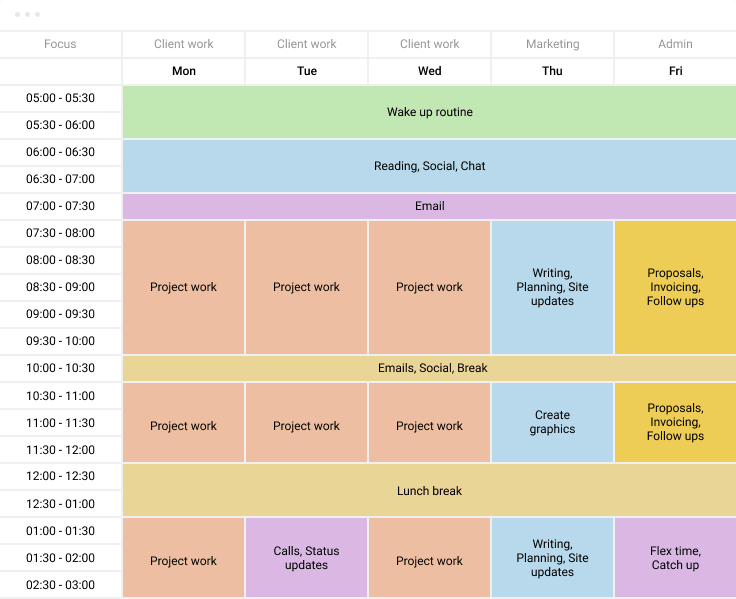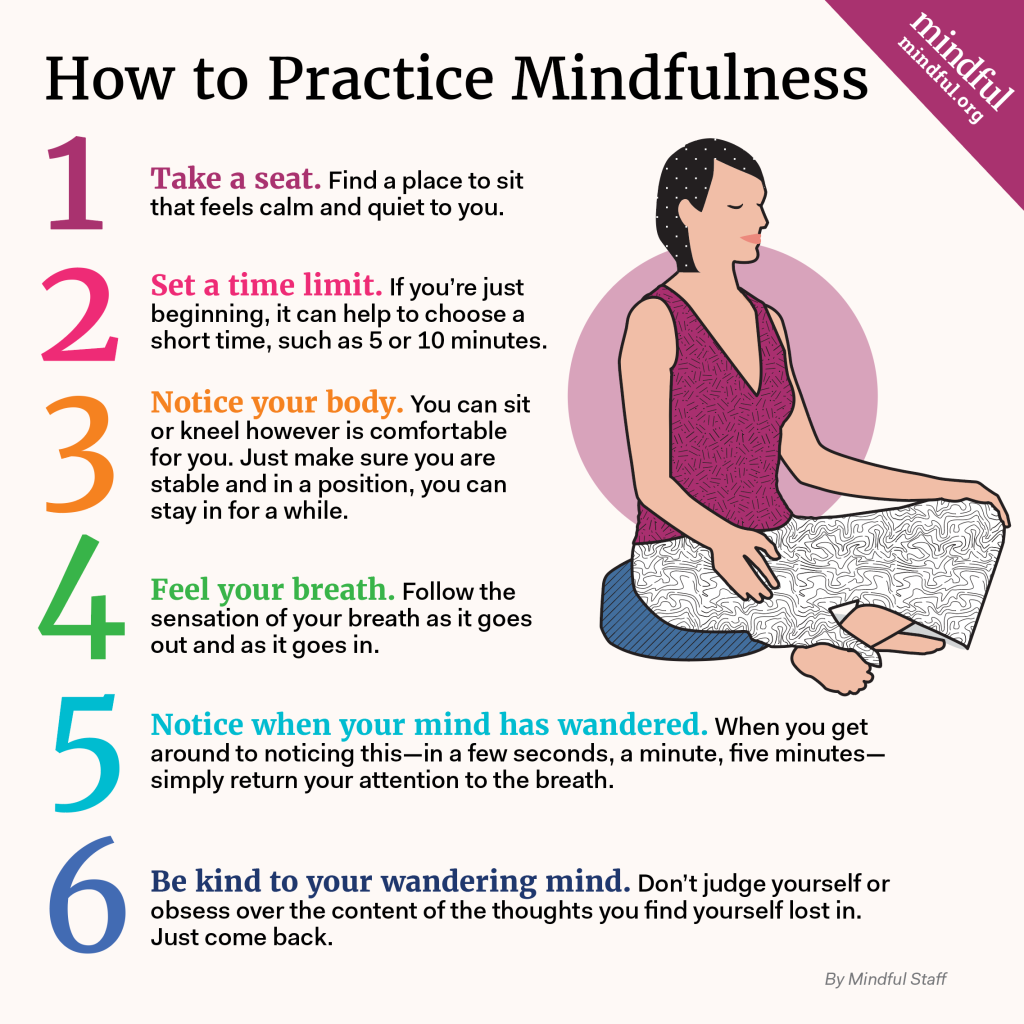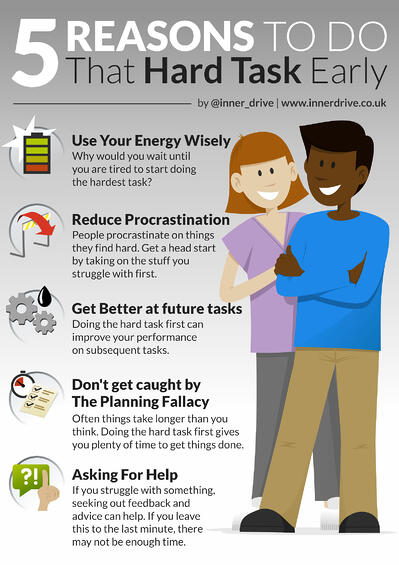
Table of Contents
- Introduction
- 7 ways to NOT procrastinate as a freelancer
- Key Takeaways
- FAQs
How many of you believe that a definite plan of action is essential to complete the tasks at hand? But how many of us do have a plan that works out?
Definitely, only a few! When it comes to how not to procrastinate, freelancers face more challenges than others. While you are counting the benefits of freelancing, the major being the flexibility to set your work schedules, there can also be a considerable delay in working and being productive. Most freelancers face the urge to shift work to other timelines than decided. Unfortunately, delaying and moving deadlines or procrastinating might not work in the longer run.
Also, there is a certain sense of resistance to going back to the same work every day while working from home. It keeps you from starting a task at hand and still makes you feel you can complete it before the deadline. It is a common problem for most freelancers. There comes a range of procrastination disadvantages.
In this quick read, we will highlight the best tips for freelancers on how not to procrastinate. We will also cover some more freelance tips and tricks like how to be productive.
7 Ways to NOT Procrastinate If You Are a Freelancer
1. Use timeboxing
Trust us; everything is about developing habits and working on them. Doing things in a timeboxed manner means limiting their completion within a period. For instance, you can completely calculate the amount of time you require to finish a task. Timeboxing is a technique that most freelancers follow to the core. It is based on Parkinson’s Law, which says that humans take that much time that ultimately gets allotted to that particular task.
Therefore, if your deadline permits you to complete a specific task in four days, it is entirely in your hands to complete it in either four days or just four hours. To use the timeboxing technique to the fullest, try dividing your workday into slots. Box the time you will use for a certain task and proceed accordingly.

2. Mindfulness
Accept it; focusing on your schedule can make things better. While daydreaming about how not to procrastinate, make sure you practice mindfulness. One of the primary reasons to practice mindfulness is increasing your self-awareness levels. So, the next time you are bored or want to delay your work, you give it a second thought and try to find the reason.
The first thing to know about procrastination is to accept that you are doing it. Why? Because it is better not to escape the reasons to find an answer. Otherwise, you would only be procrastinating on the wrong reasons and, in the end, land nowhere.
Wait, meditation doesn’t mean sitting in a posture and practicing without your mind and heart. Instead, it means to align your mental and physical energy together so that you enhance your focus and self-awareness. So, to start, devote just a few minutes to listening to yourself and self-realizing.

3. Make a plan for the day
“Do your plans work?”
“If not, why?”
Ask these two questions before preparing a plan for your work. There may be some scenarios where you want to expand your portfolio. Know that procrastination doesn’t only exist while completing the tasks at hand. It also is visible when you take up new challenges and jobs.
For instance, there are times when you forget to upload an updated version of your portfolio on your website. Even if the client wants to connect with you, aligning with the present-day priorities can be challenging. So, we suggest you plan out your day. However, planning is just 20% of the work, and the rest 80% needs your action to follow the plan.
4. Make invoice
Some of you may also procrastinate on invoicing. You can set up the right steps to take through the process to figure out the invoices. You should be sending all the invoices on time. So, building a system could work. Also, make sure that you do it only once. For instance, you could record your work in the same format and copy it in your invoice form.
If you face more challenges, the best option is an online system. There are platforms, including Fresh Books, Invoice More, etc., which will help you win and know how not to procrastinate.
5. Reward yourself
Whether you are a full-time office-going professional or a freelance professional, all employees work on a rewarding system. Think about it. Is the salary not critical for an employee to switch jobs? Undoubtedly yes. Here ‘more’ salary is a reward and justifies how the world runs on a rewarding system.
For particular tasks, freelancers should reward themselves more to maintain the vigor to take in more projects. It can be anything, self-made cards, accomplishment emotions, a gastronomic treat, online shopping, etc. Rewarding oneself helps you work better and encourages and enhances productivity with positivity.
6. Do the hardest tasks first
Research shows that if you are doing the most challenging task first, the task will be easier to complete. Also, people who follow this rule are generally more productive and strive to take in more challenges to achieve in the future. Why so?
Doing the hardest tasks first will help you curate better ideas as you will get the flexibility to think for small projects. It also helps create a positive mood while winning over the struggle to complete the ‘hard’ task.
Indeed, while learning how not to procrastinate, we tend to develop a ‘feel-good’ factor to conquer the significant win and go for the easy wins. Thus, as a freelancer, make sure you complete the hardest wins to get onto the easier ones.

7. Set up a phone-free zone
Do you know you spend 4.8 hours on average on smartphones? Indeed, India tops the position to rank as the top mobile-first consumer globally! So imagine the way mobile phones can affect the mind, and thus procrastinate your work.
It can be more adverse for the freelancers, as back in mind. You have the flexibility to work anywhere and anytime. So, while chasing the deadlines many times, you lack real thought. Remember that completing work is not a matter of seconds. It should be a way to enjoy earning and thus build your brand.
Moreover, a phone-free zone will help you think better and thus could be the best way to create a personal workspace. So, are you still thinking, “How to stop being a procrastinator?”
The first step would be to create a phone-free zone. Try it once, and you will reap its benefits in just two days!
Key Takeaways
Procrastination is one of the most visible obstacles in any freelancer’s life. You may not realize that you are procrastinating, but it can bring about a massive loss for your freelance work. However, with the help of the above tips and tricks for new freelancers, you can get along a successful freelance career today!
Also, while brainstorming- how to be productive, remember that it is only the work that will pay off well, not the time you procrastinate. Thus, follow the above tips and tricks not to procrastinate and scale up the ladder of freelance success.

FAQs
There can be different reasons for procrastinating, depending on the personal situation. But, in general, the primary reason for freelancers to procrastinate are:
Deciding on unrealistic goals
Unable to take justifying decisions
Fear to fail and let-go feeling
Waiting and chasing the deadline at the last moment
Feeling optimistic about task completion in aversion
Lack of patience and perseverance
The demand for excessive perfection
Procrastination is not a mental illness, but a prior mental illness may cause procrastination. Some professionals spend a lot of time procrastinating that they cannot work, lack positive energy to complete the task, or need someone’s help. These problems are common and can be corrected with the help of mindfulness.
Yes, procrastinating is an entirely normal human tendency, and most professionals go through it at least once in their lifetime. 20% of adults have a regular habit of procrastinating.
Latest Blogs
Explore how Google’s 2025 AI search updates triggered ranking chaos. Learn actionable strategies to adapt your SEO for AI Overviews, zero-click searches, and SERP volatility. Stay ahead now.
Learn how to rank on AI search engines like ChatGPT, Perplexity, and Gemini by optimizing your content for authority, structure, and relevance. Stay ahead in AI-driven search with this strategic guide.
Explore the best healthcare SEO services for your medical practice. Improve online visibility and effectively reach more patients in need of your services.
Get your hands on the latest news!
Similar Posts

Freelancing 101
5 mins read
11 Resources For Designers to Find Freelance Jobs Online

Freelancing 101
6 mins read
30 Freelance Industry Statistics to Get You Started

Freelancing 101
5 mins read